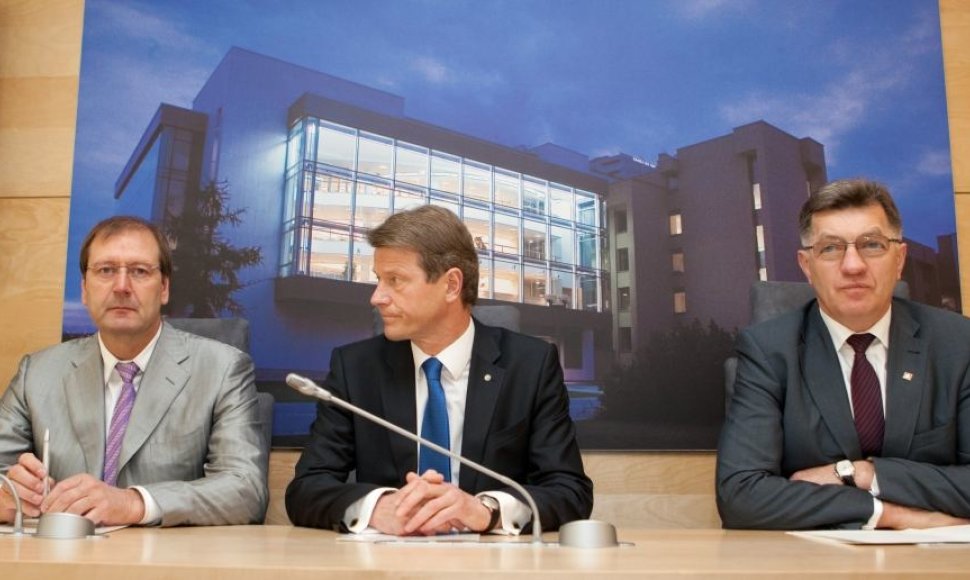"I believe the Labor Party has good chances of being part of any coalition and they will perhaps try to make use of this opportunity," Ramūnas Vilpišauskas, director of the Institute of International Relations and Political Science at Vilnius University, told BNS on Sunday.
"With no outside influences, let's say, if the president has no clearly stated preferences, so I see a very likely scenario of the Labor Party, the social democrats, and some smaller parties in the third place," Vincentas Vobolevičius, a lecturer of the ISM University of Management and Economics, told BNS.
"The Liberal Movement will definitely not join such a coalition. I doubt they will invite the Homeland Union–Lithuanian Christian Democrats, and even if they did, I doubt they would go. Uspaskich will most probably invite the Order and Justice Party to join the coalition," he added.
Vobolevičius' view is also shared by political scientist Alvidas Lukošaitis. In his opinion, a new coalition will have "a clear left-wing constituent", and the Homeland Union–Lithuanian Christian Democrats will be the main opposition party.
The opposition Labor Party won a majority of votes in Sunday's general elections in Lithuania, leaving the social democrats and conservatives behind, according to exit polls.
Based on the results of a survey by BNS news agency and company RAIT, 19.8 percent of people voted for the Labor Party. The social democrats came in second with 17.8 percent, followed by the conservative Homeland Union–Lithuanian Christian Democrats (16.7 percent).
The Liberals' Movement of the Republic of Lithuania and the political party The Path of Courage (8.5 percent each) and the Order and Justice Party (8.4 percent) also got into the top six.
Meanwhile the Electoral Action of Poles in Lithuania and the Lithuanian Peasant and Greens Union are balancing on the verge of the 5-percent threshold with 4.8 and 4.7 percent respectively, exit polls show.












